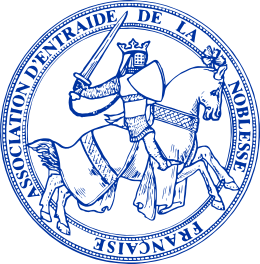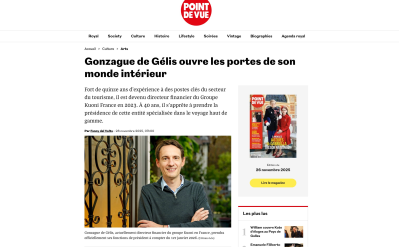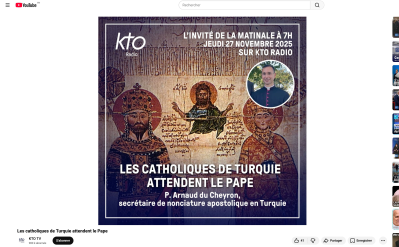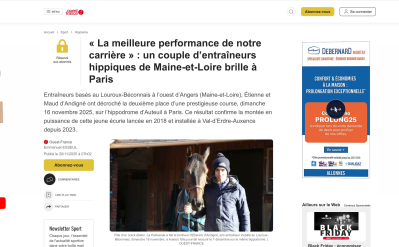News

Valeurs actuelles: ""France is going through a crisis the likes of which it has perhaps never known in peacetime," says Louis de Bourbon".
25 August 2024
Press review
Viewed 790 times
TRIBUNE. The head of the House of Bourbon and Duke of Anjou expresses his alarm at the political situation in our country. As Catholics celebrate the feast of Saint Louis, Louis de Bourbon hopes that...
You must be logged in to read more









